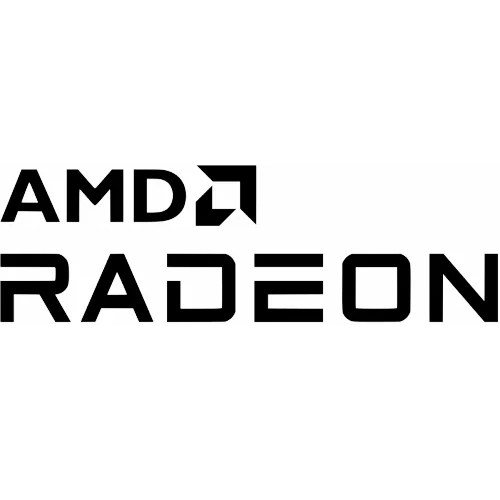AMD Releases New Radeon Code: A-Sync DMA Engines

In last week's first Radeon 3.8 driver update there weren't too many interesting changes with it mostly just being minor updates. However, in that earlier mailing list post, AMD's Alex Deucher wrote that new code would be opened up soon with "new bits waiting internally for release."
That code has now been cleared for release. Unfortunately, it's not early Radeon HD 8000 series open-source support, UVD video decoding support, or anything too groundbreaking, but it's still a worthwhile addition to their open-source driver.
The new code that's been cleared for public consumption is support for a-synchronous DMA engines on Radeon GPUs from the Radeon HD 2000 series (R600) up through the Radeon HD 7000 series (Southern Islands). This code has been running internally at AMD for months but was only cleared today.
I've added a new set of patches that adds support for the asynchronous DMA engines on r6xx-SI. These engines are used for ttm bo moves and VM page table updates currently. They could also be exposed via the CS ioctl for userspace use, but I haven't had a chance to add proper CS checker patches for them yet. These patches have been tested extensively internally for months, so they should be pretty solid.The Radeon DRM changes for Linux 3.8 in this second pull add nearly 2,000 lines of new kernel code. The DRM pull request can be found on the dri-devel list.
12 Comments

